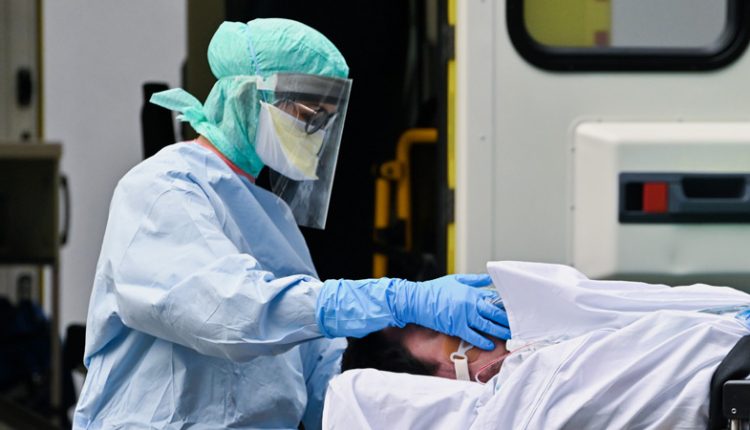In the spirit of practising Social Distancing, my 7-year old daughter pops her head out the window to speak to her friend across the fence – her words “ Braibi, we have to stay at home because of Coronavirus, we need to make it easier for the doctors to do their work”. This struck me for two reasons – first, it was a stark reminder of the fragile times we are in as a global community. Secondly, it reignited my fears of the deplorable state of the health care system in Nigeria – a concern that had once sparked my consideration to relocate (escape really) because I had zero faith in the efficacy of the system.
It is without a doubt, that the unprecedented outbreak of #COVID19 has opened up a lot of inefficiencies in systems across the globe, particularly in the health sector. This time, however, I want to focus on the one that directly affects me – Nigeria.
Retrospectively, one of my greatest concerns during the Ebola crisis was how effectively it would be handled with little to zero negative impact. Thankfully, through a miracle that was the proactive intervention of the late Dr Stella Adadevoh (God rest her soul), we surmounted the crisis with minimal negative impact when compared to other African countries. COVID-19 has however not afforded us the luxury of a proactive intervention (this is actually arguable, but I won’t digress) judging from the number of confirmed positive cases spiking on a daily basis.
Here’s why my fears have been reignited, when developed countries like the United States, England and Canada, with presumably more advanced healthcare systems, express how overwhelmed and ill-prepared they are, I shudder at the thought of what the average Nigerian risks facing.
As a social development consultant and enthusiast, I am deeply concerned about how Nigeria will make up for the huge development gap in the health sector in the shortest possible time to manage the impact magnitude of this pandemic. My mind wanders from the high number of people with limited to no access to basic health care, the paltry doctor to patient ratios we have in our local governments, the ill-equipped medical facilities, inadequately trained medical personnel, the deep-seated corruption and I almost start to hyperventilate.
While I honestly wish to share my 7-year old’s optimism that social distancing will make the doctors’ work easier in Nigeria, the truth is I think our system has already failed the doctors, and what we will ultimately get is another divine intervention.
Nonetheless, I see the cup as half full and believe that COVID-19 will start to stir the right thoughts, if not conversations, in the appropriate quarters as we strive towards a sustainable society. Speaking, about divine interventions, please look out for my next article as I share my thoughts on impact Investing and the Private Sector post-COVID-19.


1 Comment